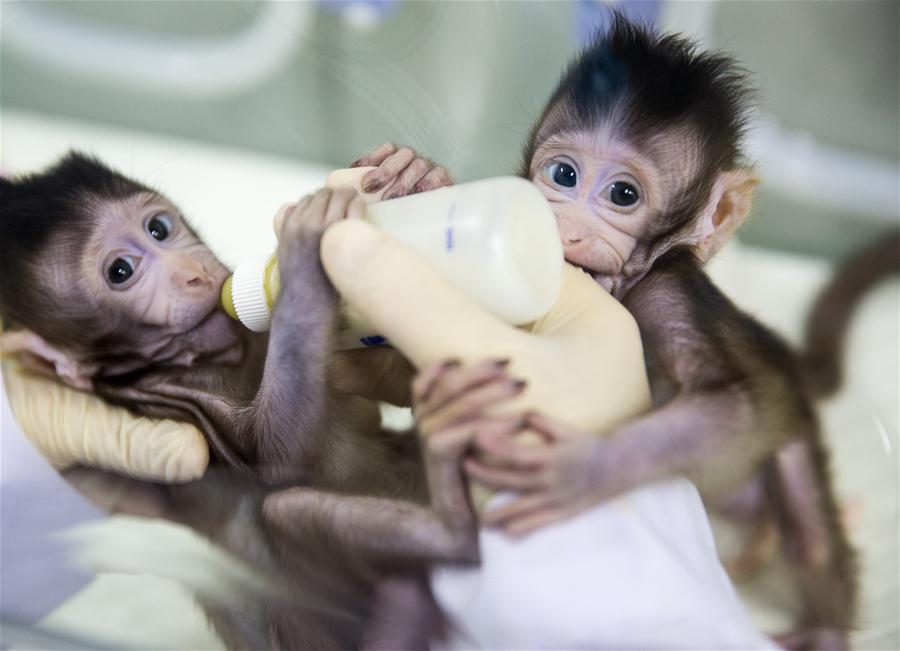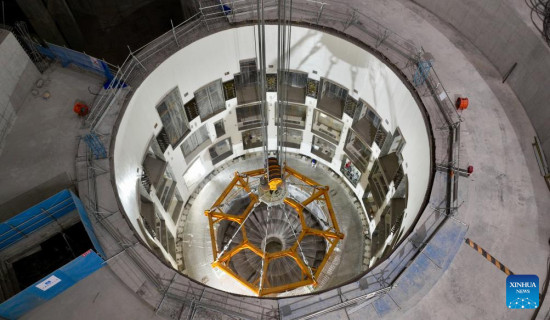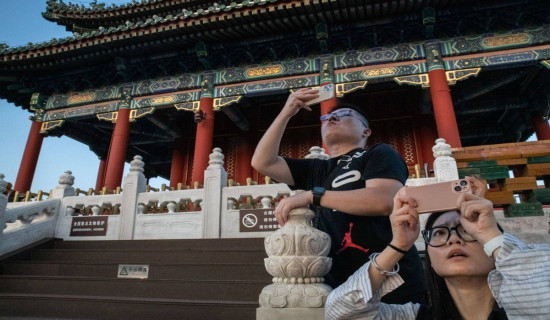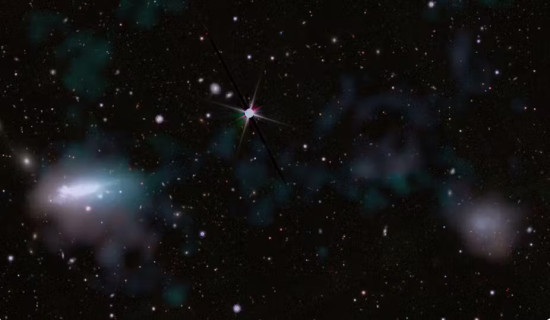- Thursday, 19 February 2026
Cloned rhesus monkey grows into adulthood for first time: study
SHANGHAI, Jan. 17: A group of Chinese scientists have reported the first instance of a cloned rhesus monkey that has reached adulthood, an achievement that may offer a promising strategy for primate cloning.
Using somatic cell nuclear transfer, a technique in which the DNA of a non-germ cell is transferred into an immature female germ cell for the generation of a new individual genetically identical to the donor, the Chinese team cloned the world's first macaques in 2018.
However, the cloning of mammals remains inefficient, with high embryonic or newborn animal mortality. In rhesus monkeys, only one successful cloning had previously been reported, but the infant died within 12 hours after birth.
The researchers from the Chinese Academy of Sciences developed a method capable of providing a healthy placenta for the developing cloned embryo, according to the study published on Tuesday in the journal Nature Communications.
Once this placenta was created, researchers transferred 11 reconstructed embryos to 7 surrogates, resulting in a healthy male called ReTro that had survived for well over two years by the time they submitted their research for publication.
The scientists said such cloned monkeys have the potential to be used as models for studying human mental illnesses like depression and anxiety, as well as for drug evaluation projects.

















